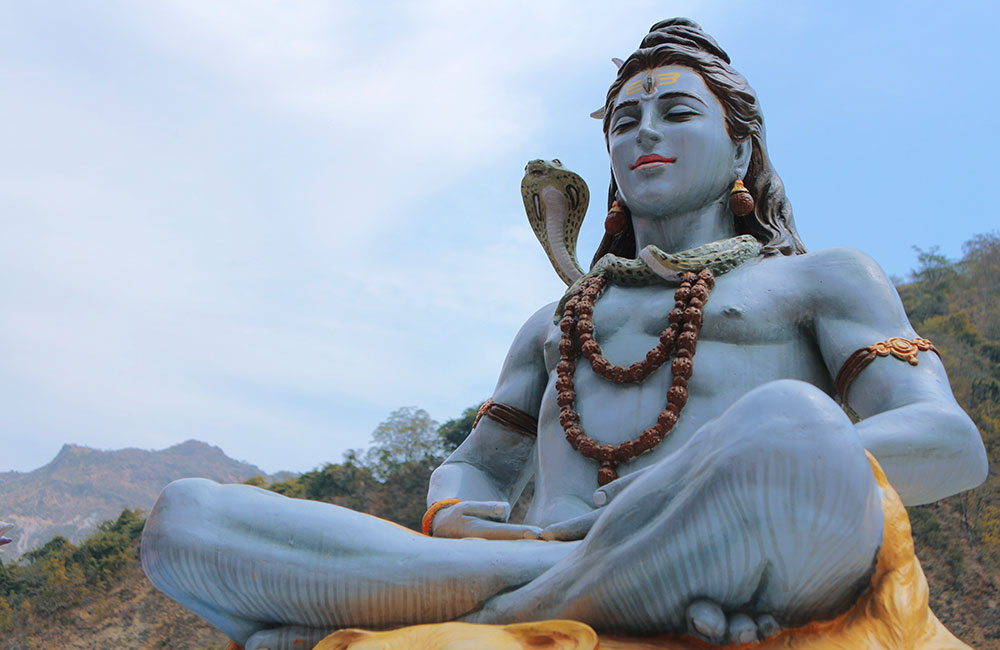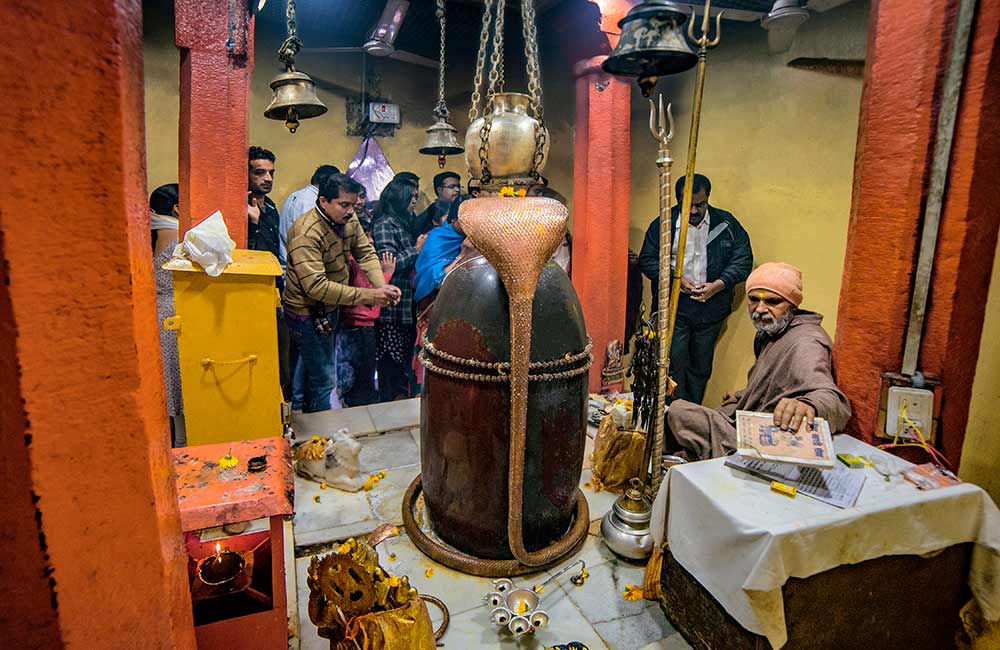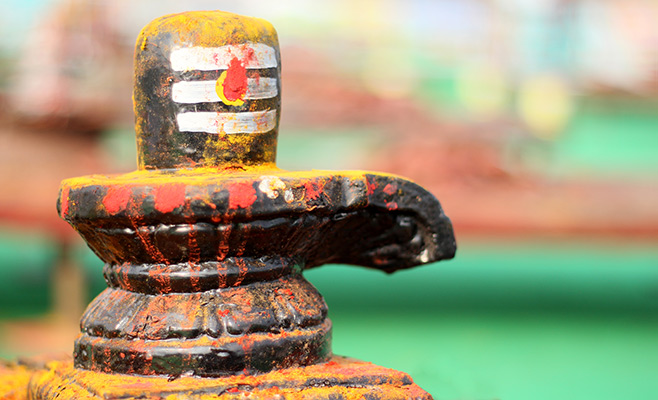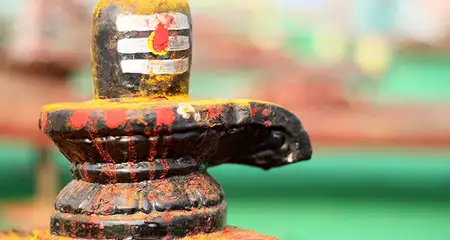Mahashivratri is one of the biggest festivals in Shaivism, which is one of the two main cults within mainstream Hinduism. As is clear by its name, it is dedicated to Lord Shiva, the deity associated with death and destruction. A Shivratri falls every month on the 14th day of the Krishna Paksha (the 15-day period when the moon wanes). However, the Shivratri falling in the Hindu month of Magha is considered the most significant. In the Gregorian calendar, Mahashivratri falls in late-February or early-March; its 2024 date is March 8th.
Mahashivratri History and significance

Mahashivratri 2024
As is with every religious festival, several myths and legends are associated with Mahashivratri. As per one story, it was the night when Lord Shiva drank the poison produced during Samudra Manthan or churning of the ocean. Another legend states that on this night, Lord Shiva performed the Tandava, the cosmic dance which leads to total destruction and creation. Yes another story says that Lord Shiva and Goddess Parvati were married on this night.
Mahashivratri Celebrations across India

Mahashivratri 2024
A distinction between Mahashivratri and other Hindu festivals is that while others are celebrated with fanfare, Mahashivratri is a rather solemn occasion in most parts of the country. Devotees fast during the day, perform yoga and pray to the deity. At most temples dedicated to him, people stay up all night chanting Mantras and Sanskrit shlokas in his honour.
However, there are places where the celebrations of Mahashivratri are accompanied by pomp and fervour. There is a huge fair organised in Mandi for 7 days that you can attend. During the event, idols of more than 200 regional deities are brought out of temples in palanquins and paraded.
Suggested Read: Diwali Puja 2024
Best Places to Observe the Celebrations of Mahashivratri
- Tiruvannamalai
- Varanasi
- Ujjain
- Mandi
- Haridwar
- Guwahati
Other Festivals in India with Holiday Type
| Festivals in India | Day | Date | Holiday Type |
|---|---|---|---|
| New Year’s Day | Mon | 01-Jan | Restricted Holiday |
| Lohri | Sat | 13-Jan | Restricted Holiday |
| Makar Sankranti | Sun | 14-Jan | Restricted Holiday |
| Pongal | Mon | 15-Jan | Restricted Holiday |
| Guru Gobind Singh Jayanti | Wed | 17-Jan | Restricted Holiday |
| Republic Day | Fri | 26-Jan | Gazetted Holiday |
| Losar | Sat | 10-Feb | Restricted Holiday |
| Basant Panchmi | Wed | 14-Feb | Restricted Holiday |
| Guru Ravidas Jayanti | Sat | 24-Feb | Gazetted Holiday |
| Maharshi Dayanand Saraswati Jayanti | Wed | 6-Mar | Restricted Holiday |
| Mahashivratri | Fri | 8-Mar | Gazetted Holiday |
| Holi | Mon | 25-March | Gazetted Holiday |
| Good Friday | Fri | 29-Mar | Gazetted Holiday |
| Easter Day | Sun | 31-Mar | Restricted Holiday |
| Gudi Padwa | Tue | 9-Apr | Restricted Holiday |
| Eid-ul-Fitr | Wed | 10-Apr | Gazetted Holiday |
| Vaisakhi (Vishu) | Sat | 13-Apr | Restricted Holiday |
| Rama Navami | Wed | 17-Apr | Gazetted Holiday |
| Mahavir Jayanti | Sun | 21-Apr | Gazetted Holiday |
| Rabindra Jayanti | Wed | 8-May | Restricted Holiday |
| Buddha Purnima (Vesak) | Thu | 23-May | Gazetted Holiday |
| Id-ul-Zuha (Bakrid) | Mon | 17-Jun | Restricted Holiday |
| Rath Yatra | Sun | 7-Jul | Gazetted Holiday |
| Muharram (Ashura) | Wed | 17-Jul | Gazetted Holiday |
| Independence Day | Thu | 15-Aug | Gazetted Holiday |
| Parsi New Year’s Day (Nauraz) | Thu | 15-Aug | Public Holiday |
| Raksha Bandhan (Rakhi) | Mon | 19-Aug | Restricted Holiday |
| Janmashtami | Mon | 26-Aug | Restricted Holiday |
| Ganesh Chaturthi | Sat | 7-Sep | Restricted Holiday |
| Onam | Sun | 15-Sep | Restricted Holiday |
| Milad-un-Nabi or Id-e- Milad | Mon | 16-Sep | Gazetted Holiday |
| Gandhi Jayanti | Wed | 02-Oct | Gazetted Holiday |
| Dussehra | Sat | 12-Oct | Gazetted Holiday |
| Valmiki Jayanti | Thu | 17-Oct | Restricted Holiday |
| Karva Chauth | Sun | 20-Oct | Gazetted Holiday |
| Dhanteras | Tue | 29-Oct | Restricted Holiday |
| Kali Puja | Thu | 31-Oct | Gazetted Holiday |
| Halloween Day | Thu | 31-Oct | No Holiday |
| Diwali | Fri | 1-Nov | Gazetted Holiday |
| Lakshmi Puja | Fri | 1-Nov | Gazetted Holiday |
| Karnataka Rajyotsava | Fri | 1-Nov | Gazetted Holiday |
| Kerala Piravi | Fri | 1-Nov | Gazetted Holiday |
| Govardhan Puja | Sat | 2-Nov | Gazetted Holiday |
| Bhai Dooj | Sun | 3-Nov | Gazetted Holiday |
| Chhath Puja | Thu | 7-Nov | Gazetted Holiday |
| Guru Nanak Jayanti | Fri | 15-Nov | Gazetted Holiday |
| Christmas | Wed | 25-Dec | Public Holiday |








